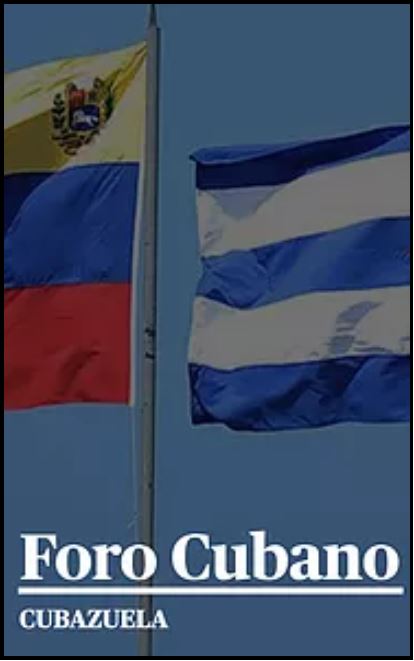Against the 'mal de archivo': a critical look at the nostalgia of the Venezuelan nation
Abstract
In his book Tumbas sin sosiego, historian Rafael Rojas (2006) drew attention to how in Cuba the conflict between the power of the regime and its various resistances was accentuated in its symbolic dimension during the 1990s: "the cultural war became more symbolic, being waged primarily in the territory of memory" (p. 14). Memory then emerged as a contested field in which an attempt was made to establish a symbolic inheritance capable of legitimizing a particular notion of the country. Similarly, the self-styled Bolivarian revolution attempted to establish a cultural heritage based on the epic of the independence struggles of the nineteenth century and the guerrilla struggles of the twentieth century. However, this version was often countered by an opposition that maintained the historical importance of Venezuelan social democracy.
Translated with www.DeepL.com/Translator (free version)


